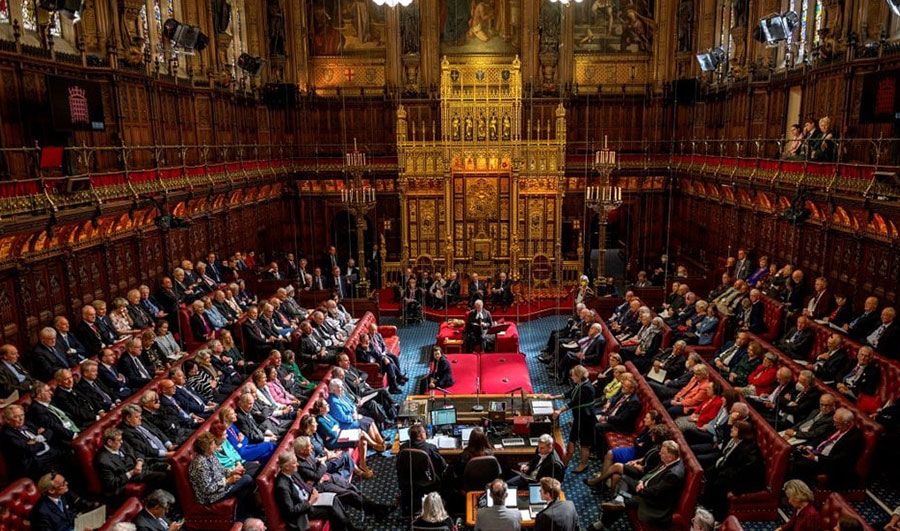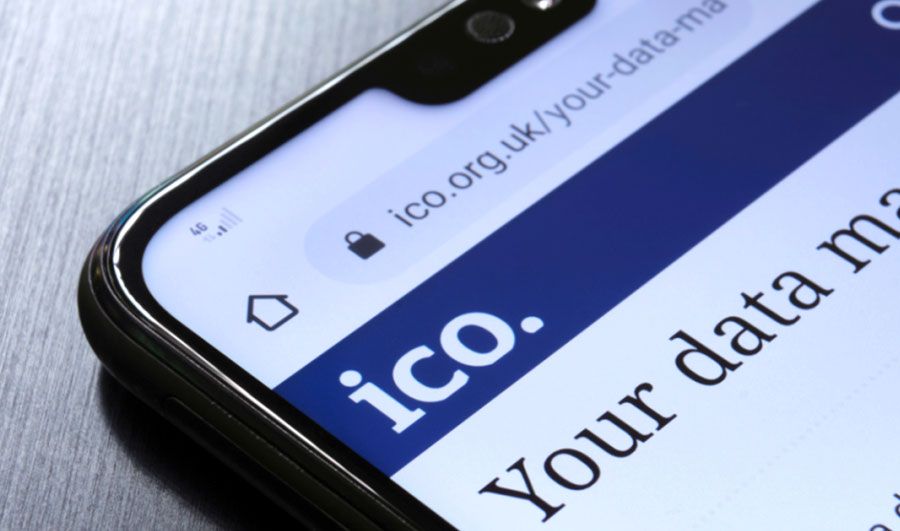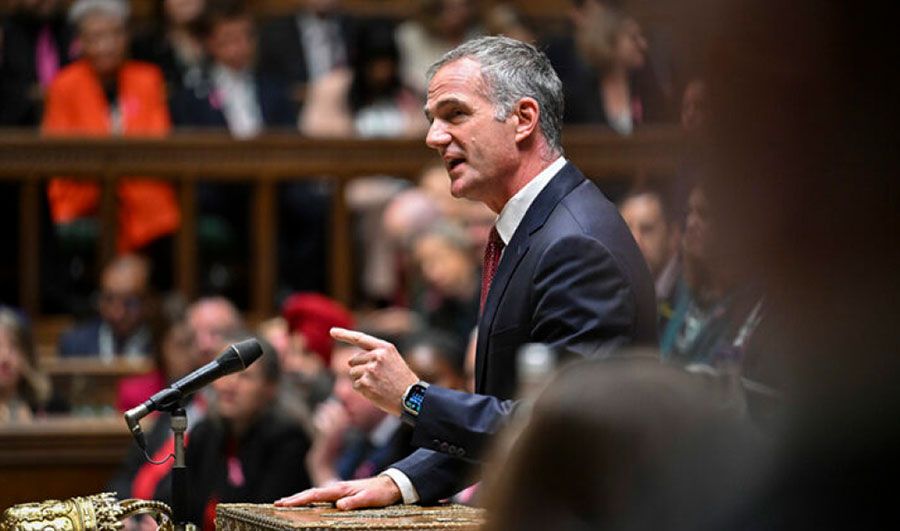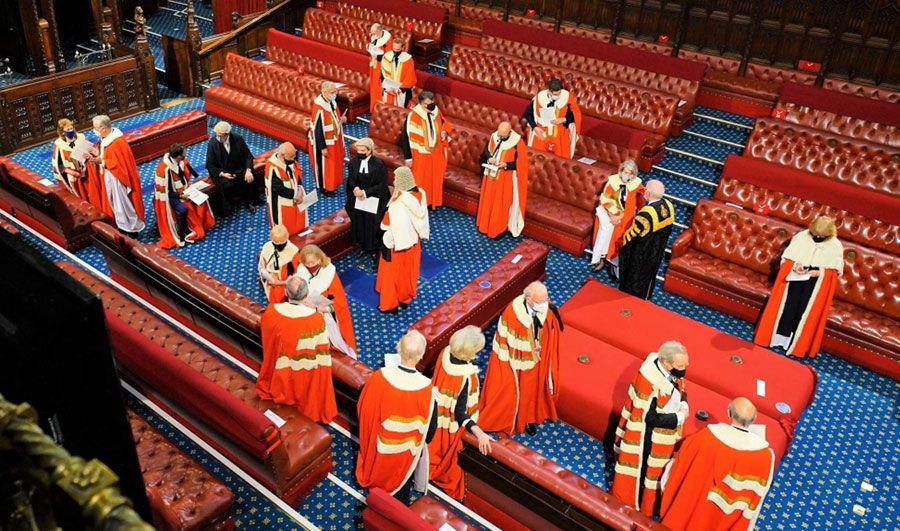19th Jun 2025
The Data (Use and Access) Bill Becomes Law: A Landmark for UK Data Regulation
The UK's data protection landscape has entered a new chapter. The Data (Use and Access) Bill has now received Royal Assent, becoming law and marking one of the most significant updates to the UK's data protection framework since the introduction of GDPR.
The DMA welcomes this legislation as a balanced and forward-looking reform package. It introduces a series of targeted updates designed to modernise how data is used in practice, supporting innovation, economic growth, and trusted customer engagement, while preserving robust individual rights.
The Bill's final passage followed a brief stand-off between the House of Commons and House of Lords over proposed amendments concerning copyright protections and artificial intelligence, introduced by Baroness Kidron. After several rounds of Parliamentary "ping pong", the Lords ultimately bowed to the authority of the elected chamber, allowing the full Bill to proceed to Royal Assent.
Many of the most important elements of the new law are the direct result of the DMA's sustained engagement and the active involvement of our members. Over the course of two governments, the DMA worked closely with Ministers and officials in the Department for Science, Innovation and Technology (DSIT), hosted member roundtables, and saw its proposals cited by supportive peers during House of Lords debate. CEO Chris Combemale chaired the Secretary of State's Business Advisory Group throughout the Bill's development."
“The Data and Marketing Association welcomes the Data (Use and Access) Bill as a balanced and forward-looking piece of legislation. The government has clearly listened to industry, and we're pleased to have played a constructive role in shaping reforms that support both innovation and privacy. The Bill reflects modern data practices while safeguarding individual rights. It positions the UK as a competitive, pragmatic leader in the global data economy. With clear guidance and a proportionate approach, we’re confident businesses will implement these changes successfully”
Key wins for DMA members include:
Greater clarity on legitimate interests as a lawful basis for direct marketing, with examples elevated into the main text of the law.
Soft opt-in for charities, aligning fundraising communications with existing rules for commercial organisations.
Reform of cookie consent requirements, reducing or removing banners where cookies are used for low-risk, first-party purposes.
Preservation of EU adequacy, ensuring data flows between the UK and EU remain uninterrupted.
A modernised Information Commissioner’s Office, now required to consider innovation and competition alongside privacy.
Legal basis for unified Codes of Conduct covering both GDPR and PECR, enabling joined-up guidance and accountability.
Clarity around scientific and market research, formally recognising commercial research under the protections of GDPR.
Harmonised definition of direct marketing across GDPR, PECR and DPA 2018, ensuring legal consistency.
Stronger enforcement under PECR, with maximum fines raised to match GDPR levels.
This legislation represents one of the most important pieces of data protection infrastructure since the UK GDPR. With DMA support, UK organisations will be well placed to implement the new rules efficiently and take full advantage of the opportunities they bring.
Read the official government announcement here.
Related features/news
NOT A MEMBER YET?
Join today
700+ organisations. 27,000 marketers. One mission.
We’re uniting the marketing world with our innovative and inspiring customer-first approach. We provide resources, training, and support to empower marketers to ensure responsible data use, meaningful connections and sustainable success.







